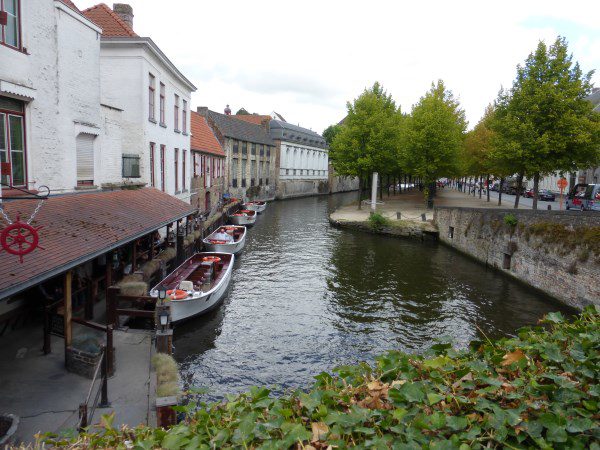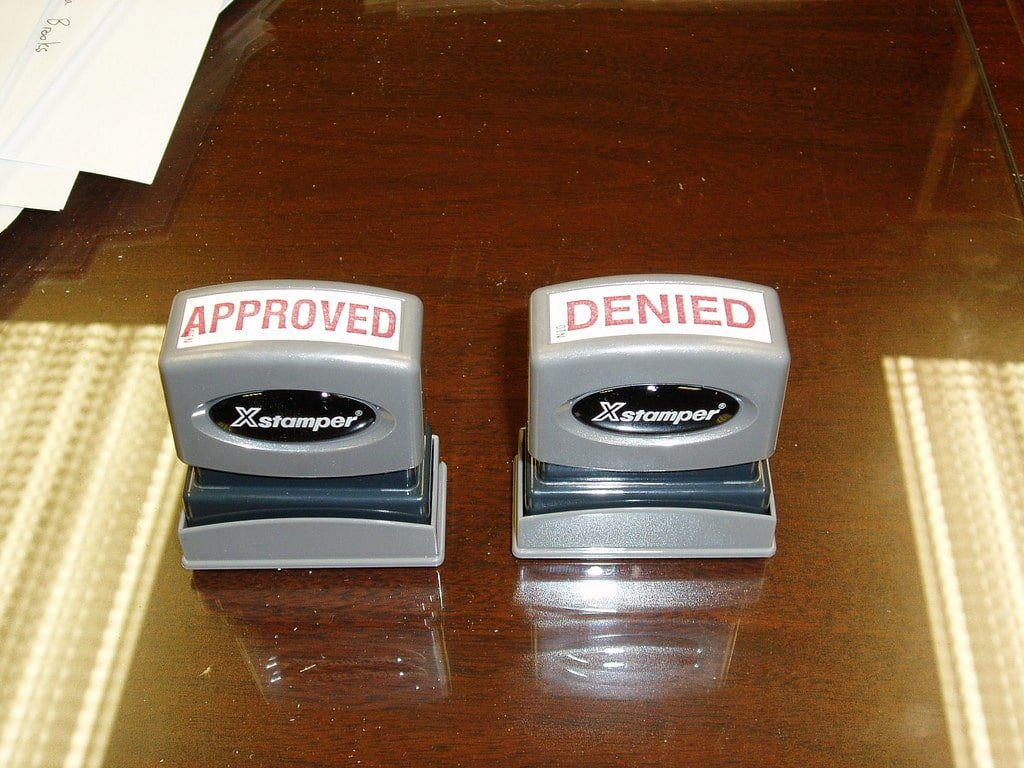If you’ve got international travels planned, I bet you’re excited for them. You might want to throw all of your stuff in your bag and just get to the airport as quickly as possible.
I know the feeling. I just got back from an international trip (where I succeeded in visiting a new country this year) and in the days running up to it, I was extraordinarily busy, as well as quite excited.
But there are many preparations that one must not forget about before one travels abroad. And in my capacity to figure out all lessons the hard way, here is an example of one such important task.
It starts in Bruges:
Yes, that Bruges.
Table of Contents
In Bruges
Belgium turned out to be my one new country for the year. (Have you taken the challenge?)
Bruges was a place I had longed to see, yes, goaded by the excellent movie In Bruges. Even though the movie had lines like “maybe that’s what hell is: the entire rest of eternity spent in…Bruges“, it certainly seemed like a compelling place to me, full of tiny cobblestone streets, winding canals, and houses from the Middle Ages.

It looked touristy, but, well, I was a tourist. Which I think is totally okay, at least some of the time, at least when it feels authentic.
I specifically wanted to go on one of the canal boat tours. These took you around to see the sights from the unusual angle of water line. I had recently done a similar type of boat tour in Chicago (albeit on a vastly different scale), and knew that such a tour is almost always worthwhile.

To the ATM
The ticket offices only took cash, so I wandered over to an ATM.
But when I went to finish the transaction, the machine returned an error. I tried again three times, each with different amount to take out, but I got nowhere.
I moved over to another ATM, as I know that not all international ATMs will work with all cards. Again, I got nowhere. This time though, the machine gave a more helpful error:

I knew immediately what my error was: I had neglected to file a travel notice with my ATM.
The travel notice
A travel notice is a notification to a financial institution of an intent to travel. The purpose of it is to preemptively let the bank know that you are going to be accessing your account from a location that’s much different from usual.
The reason for doing this is simple. With bank fraud so widespread (and frankly, quite easy, as we’ve seen), financial institutions, which have guaranteed that customers won’t have to pay for any purchases that they did not authorize, have a vested interest in minimizing such payouts.
Since we are a mobile people and can be effectively anywhere on the planet within a day or two (unless they are transiting through Atlanta in which case add a day) it can be hard to determine what is a fraudulent purchase and what is just a purchase made on vacation.
Thus the travel notice. It is there to protect the bank, not you, but if you don’t file one, you can potentially be cut off from being able to access your accounts.
The basic components of the travel notice include:
- Dates of travel
- Locations of travel, including cities and countries
It used to be that you had to call up your financial institution and let them know over the phone, but these days you can usually file one online.
Because of that, there’s no excuse for not doing so.
And I had not done so.
Penalty box
And so I got sent to the metaphorical penalty box, heading back to my hostel and calling my bank to ask them to please unlock my account. I filled out a travel notice, and even had them do one as well.
The problem was compounded by some technical difficulties they were having on their end, a dropped call, and other I-deserved-it situations.
It took to the next day to get access to my account again. I had other plastic methods of payment, as backup sources are always good in these situations.
Bonus backup idea
What helped me also is that I had brought along some U.S. currency.
You may be thinking: what good would that do? But U.S. currency can be converted to local currency almost everywhere, albeit at an extortionate rate (which is why this is a backup plan).
Also, some places will accept U.S. currency as-is. I went on a walking tour put on by my hostel, and explaining my plight, I tipped the tour guide with dollars, throwing in extra to account for the conversion charges. She was totally fine with that.
But really, just don’t forget the travel notice.

(Update: After talking to the bank, it remains unclear whether my account was flagged or whether this was just some kind of hiccup on their end. Either way, the advice remains the same!)
But enough about me. Have you ever had an account turned off while traveling?


